Israeli response to 'Op. True Promise’ underscores its military and strategic defeat
By Xavier Villar
The air defense systems were successfully activated in Iran early Friday morning after reports of explosions near the airport in the city of Isfahan. According to reports, the air defenses shot down three small drones flying over the city of Isfahan in the central part of the country.
A senior army official in Isfahan denied reports published in Western and Israeli media claiming that Israel had launched several missiles against Iran, which was a clear exaggeration of events.
Commercial flights were briefly suspended in some cities, including Tehran and Isfahan. However, around four hours later, they resumed, and everything was back to normal.
It’s important to underline that the attack was a significant failure. This reportage in Iranian media once again demonstrated, on one hand, the rationality of the Islamic Republic as a political actor, and on the other hand, its firm determination to avoid regional chaos that could trigger a broader conflict.
According to preliminary reports from Iranian sources, some form of action by Israel was anticipated following several previous attacks against radar installations in Syria.
The botched attack in Isfahan involved the use of three quadcopter drones, which could have been launched from either the border region of Iraq or from inside Iran, possibly by members of the MEK terrorist organization that is known for its not-so-secret alliance with the Zionist entity.
Several US media outlets, including CNN and ABC, citing senior officials from the US government, reported that the United States was notified in advance of the operation but did not authorize it.
Americans say they “didn’t endorse” the attack but they did have information about it and yet refuse to do anything to stop it. They also facilitated it by providing weapons to the Israeli regime.
That, as many observers have noted, amounts to “endorsement” of the attack that failed.
From the Islamic Republic's perspective, the American attitude is also seen as pure hypocrisy, as it was precisely the US veto at the UN Security Council on the Iranian proposal to condemn the Israeli attack on its consulate in Damascus that compelled Iran to respond through Operation "True Promise."
In other words, for Iran, the US attitude, allowing itself to be drawn into the Israeli regional chaos strategy, is also responsible for the current escalation of tension in the area.
The combination of Israel's bellicose and chaotic attitude on one hand, and US complacency and complicity on the other, left Iran with no choice but to respond to the attack on its consulate in Syria.
And the Iranian response was within the framework of the international law. A response that, in strategic terms, served to restore deterrence capability thanks to the Iranian-made missiles and drones.
Here, it is important to remember that the missile program of the Islamic Republic began to develop during the Iraqi-imposed war in the 1980s. At that time, the only weapon Iran had to respond to Iraqi missile attacks, backed by the West, was a small number of Scud-B1 missiles obtained from Libya.
In the years following the 1979 Islamic Revolution, Iran's policy on military cooperation with other countries focused on technology transfer to achieve autonomy in its military capabilities.
Despite efforts by the United States and other allies to prevent Iran from accessing necessary technology and components through measures such as missile technology control regimes, Iran's missile program has advanced continuously and remarkably since the 1990s.
Considerable resources have been allocated and a significant amount of effort has been invested in acquiring missile technology, improving it, and updating it.
Initially, Iranian experts and specialists modified the characteristics of acquired missiles by assembling components and adapting them to the country's military needs. Over time, this capability has evolved into a completely indigenous aspect of Iran's successful missile program.
One of the most significant symbols of Iran's missile technological advancement can be observed in the areas of precision and range of its missiles, which keep growing each year.
As the range of a missile increases, ensuring the precision of its trajectories becomes more challenging and requires more advanced technologies. Therefore, in addition to increasing range, improving missile target precision is another important factor in its capability.
This ensures that target points are accurately impacted, thereby enhancing the tactical capabilities of the missiles. That is what was seen last Saturday as Iranian missiles and drones pounded military sites in the Israeli-occupied territories.
The ongoing improvement and development of Iran's missile system reflect two main objectives in its defense policy. On one hand, Iran's progress in missiles strengthens its military and defense capabilities in regional and international relations.
On the other hand, it extends its deterrence power beyond its borders, as seen in Operation “True Promise”, which changed the regional equations and shattered the myth of Israeli deterrence.
Therefore, by enhancing the range and precision of its missiles, Iran has strengthened its deterrent capabilities against distant threats, thereby ensuring its national security and political autonomy.
As a result, Iran's defensive and security strategy transcends geographic borders, constantly expanding with advances in missile technology.
The so-called "attack" with micro-drones by Israel, whether launched from within Iran or neighboring countries, represents a tremendously disappointing response from a strategic and political perspective.
This type of attack, which has been used previously with little success, demonstrates the following:
Iran's response, within the framework of Operation "True Promise," managed to achieve immediate short-term deterrence. At the same time, this implies that Israel's deterrent capabilities against its "enemies" have significantly weakened.
Israel has failed in its deterrence capability, as evidenced by the actions of Iran, as well as the regional resistance movements – Hamas in Palestine and Hezbollah in Lebanon.
The Israeli response can also be interpreted as a confirmation that it is impossible to return to the previous regional state of affairs where the myth of Israel's deterrent capability still exists.
In the current landscape, it is difficult to perceive the Zionist entity in the same strategic terms as before. The regime is staring at its end. The game is effectively over for it.
Xavier Villar is a Ph.D. in Islamic Studies and researcher based in Spain.
(The views expressed in this article do not necessarily reflect those of Press TV)
Yemen announces expansion of pro-Gaza operations to Mediterranean
Iran FM to attend 15th OIC Islamic summit in Gambia
South Korean ‘die-in’ calls for arms embargo on Israel
Exclusive: Inside story of mass graves at Al-Shifa and Al-Nasser hospitals in Gaza
More Iran universities offer to welcome those expelled from US colleges
Iran-Africa path toward a shared future
Pro-Palestine student protests proliferate across the world
World Press Freedom Day: Palestinian journos win UNESCO prize


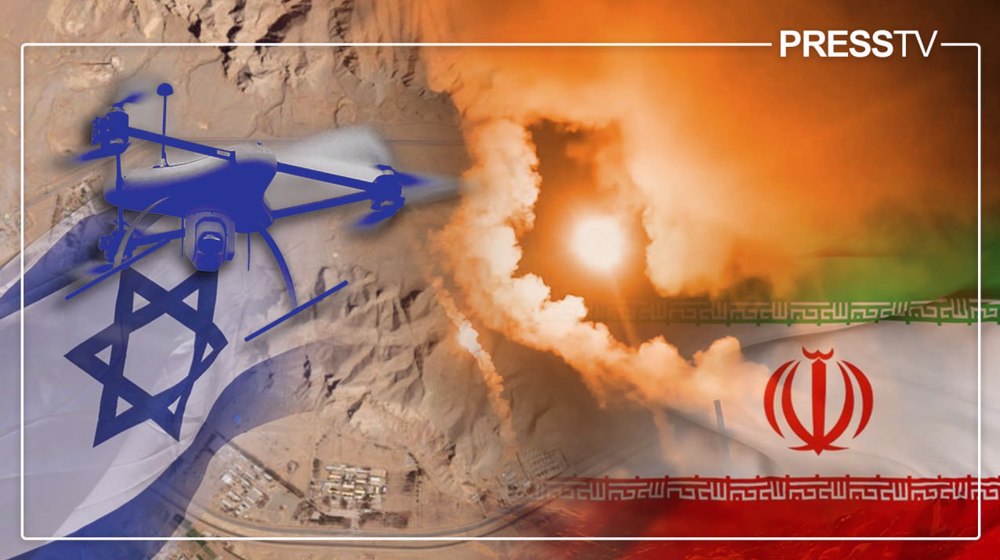
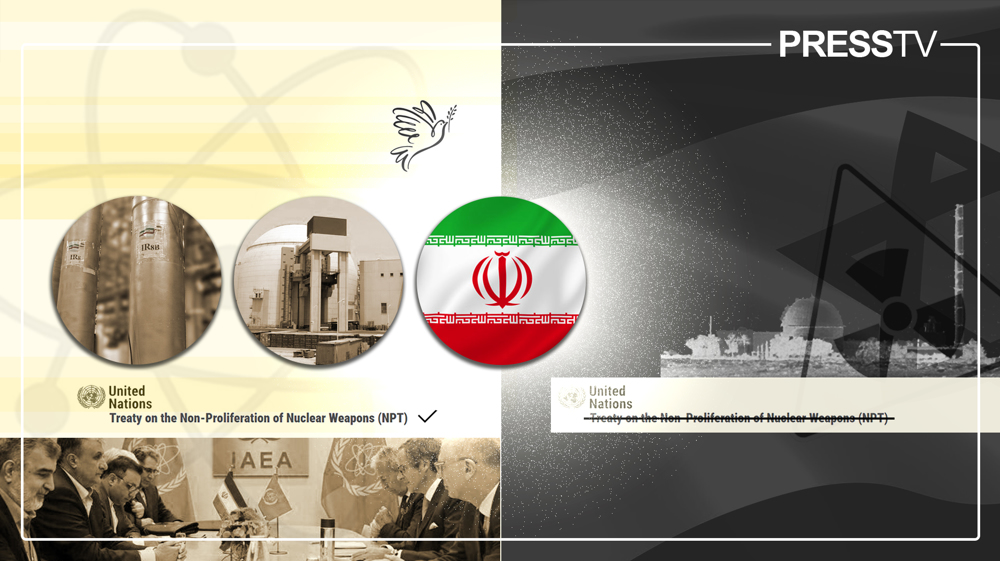
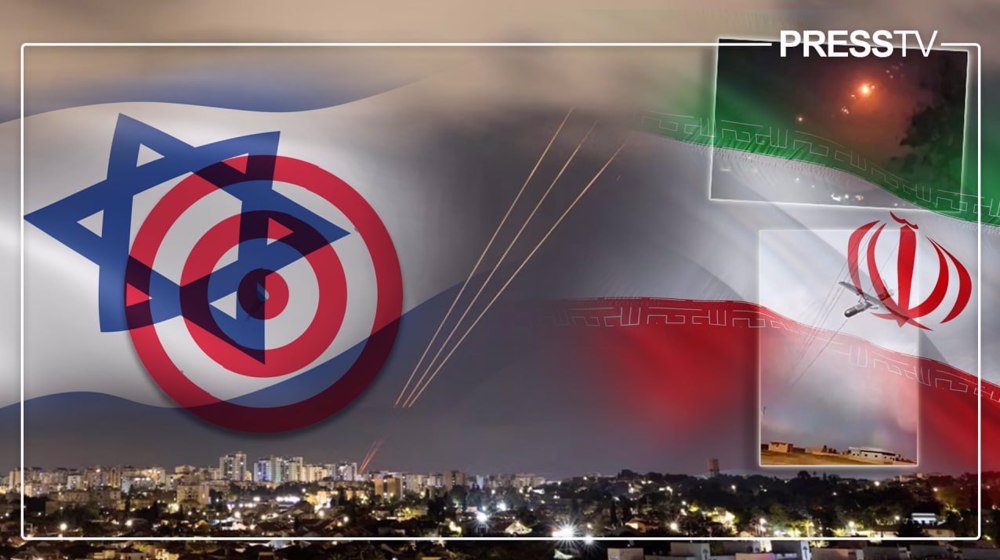
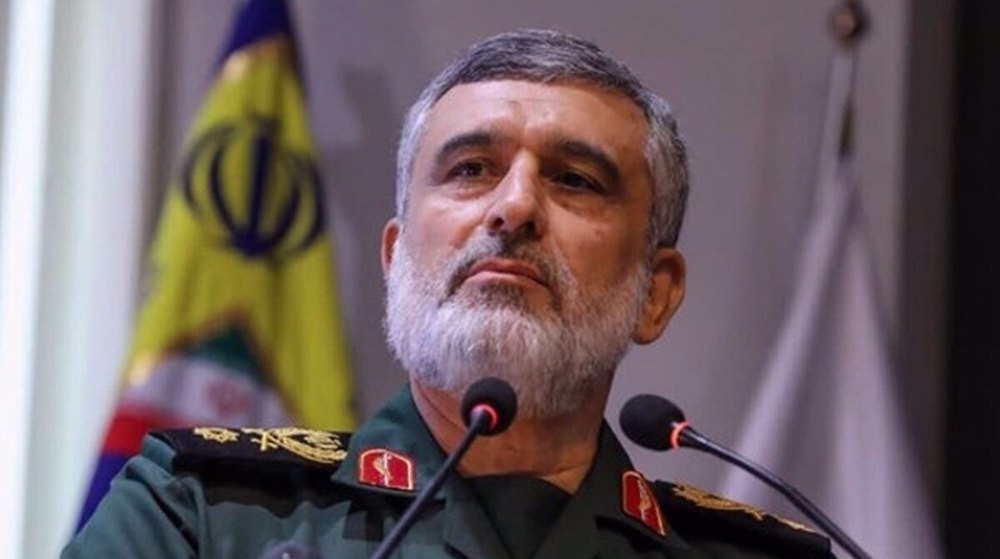
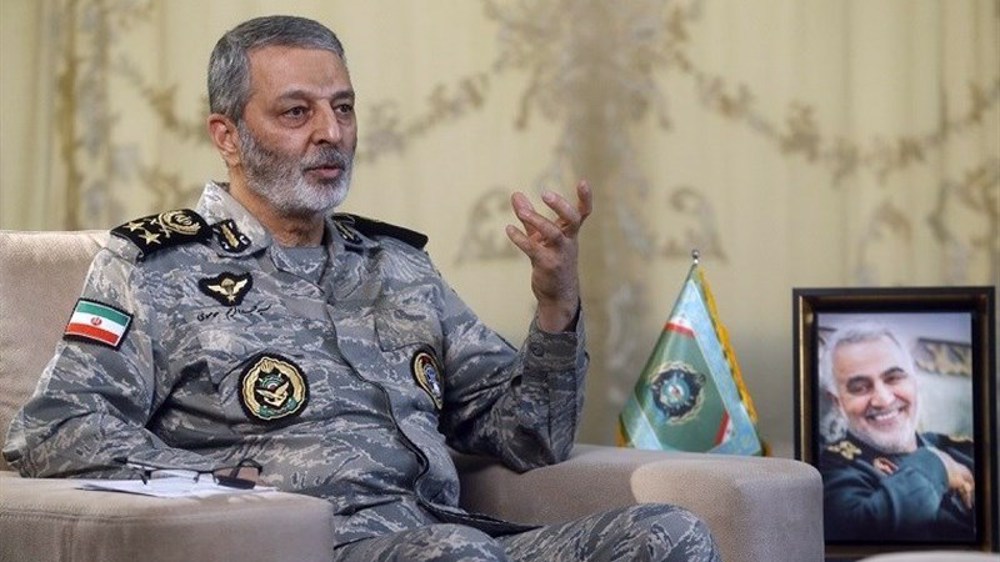
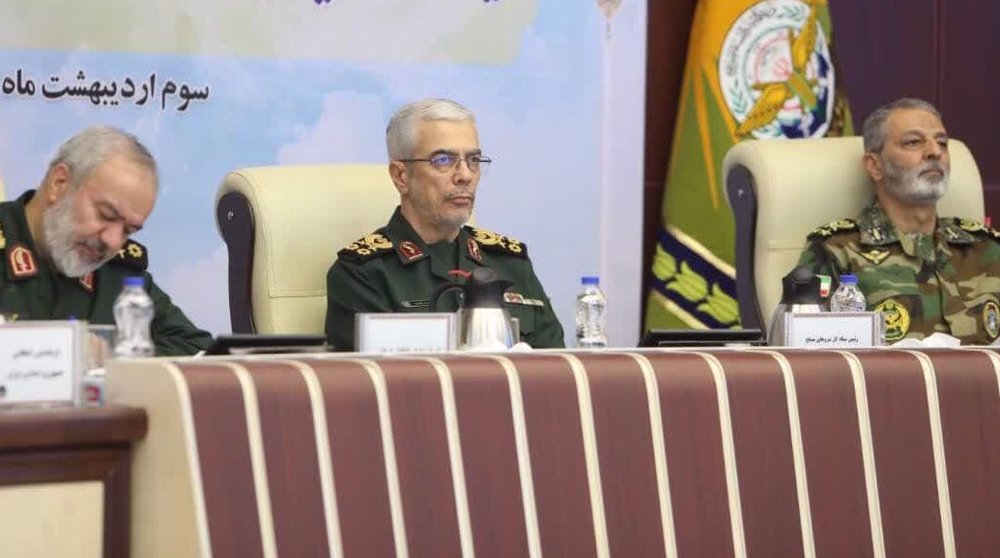





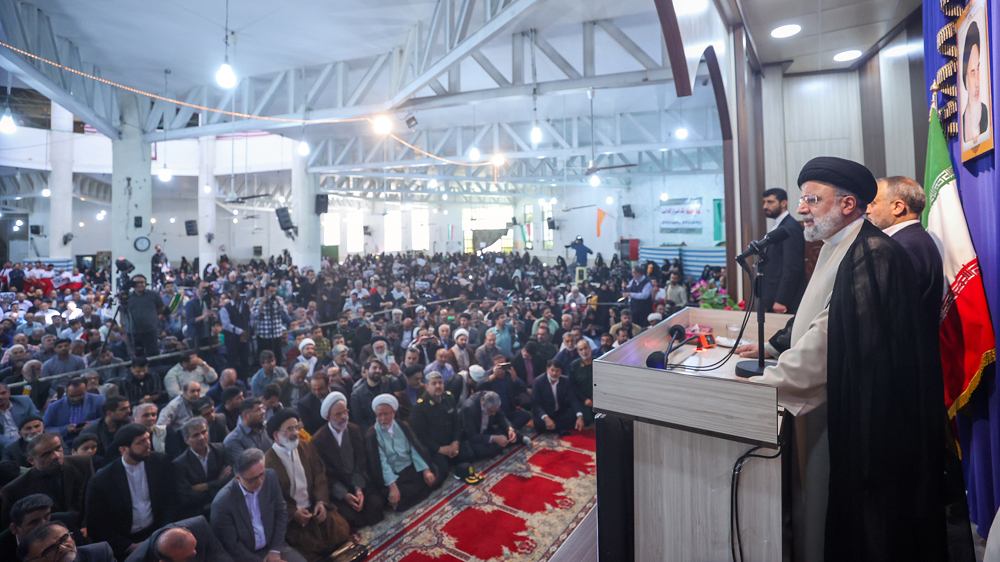
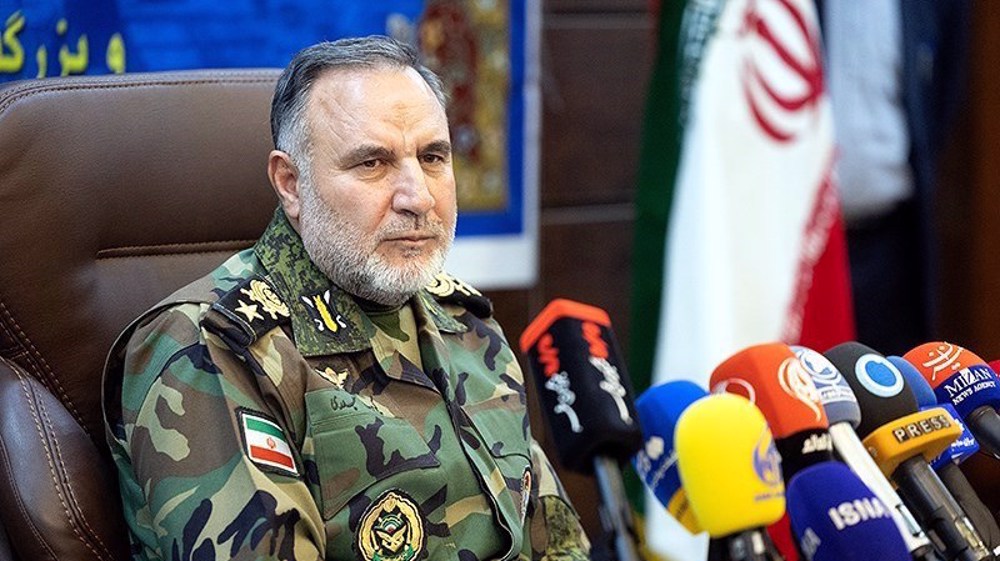
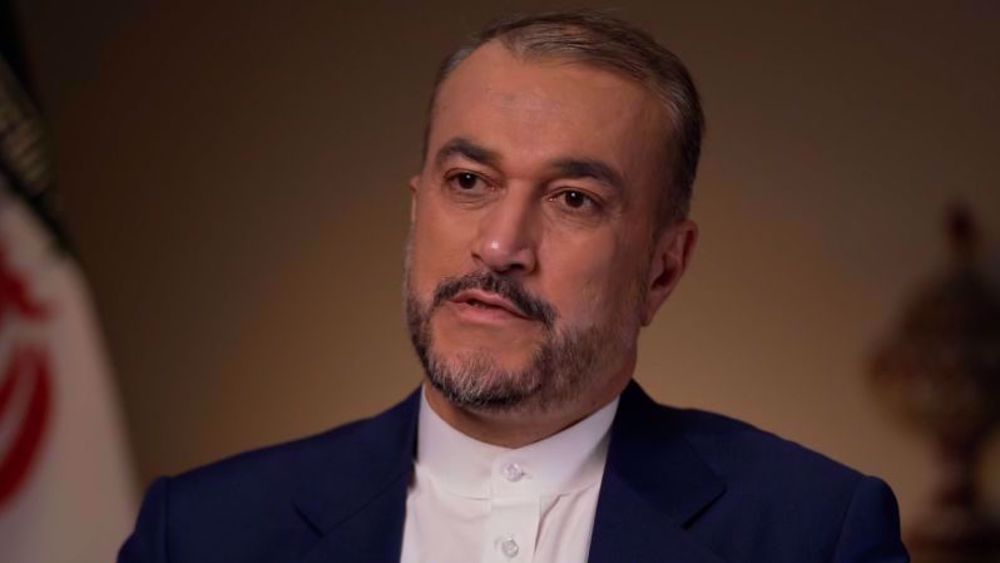

 This makes it easy to access the Press TV website
This makes it easy to access the Press TV website